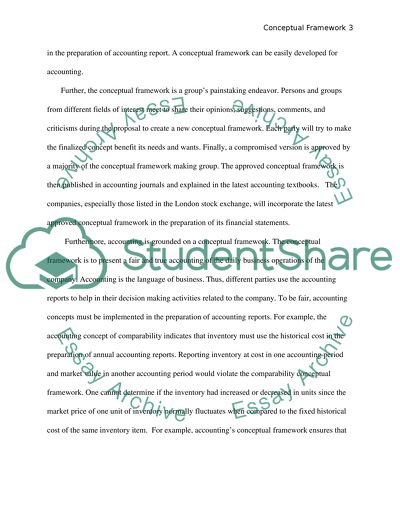Cite this document
(Conceptual Framework Developed For Accounting Essay, n.d.)
Conceptual Framework Developed For Accounting Essay. https://studentshare.org/finance-accounting/1573662-a-conceptual-framework-can-be-easily-developed-for-accounting-critically-evaluate-this-statement-and-provide-examples-to-illustrate-your-answer
Conceptual Framework Developed For Accounting Essay. https://studentshare.org/finance-accounting/1573662-a-conceptual-framework-can-be-easily-developed-for-accounting-critically-evaluate-this-statement-and-provide-examples-to-illustrate-your-answer
(Conceptual Framework Developed For Accounting Essay)
Conceptual Framework Developed For Accounting Essay. https://studentshare.org/finance-accounting/1573662-a-conceptual-framework-can-be-easily-developed-for-accounting-critically-evaluate-this-statement-and-provide-examples-to-illustrate-your-answer.
Conceptual Framework Developed For Accounting Essay. https://studentshare.org/finance-accounting/1573662-a-conceptual-framework-can-be-easily-developed-for-accounting-critically-evaluate-this-statement-and-provide-examples-to-illustrate-your-answer.
“Conceptual Framework Developed For Accounting Essay”. https://studentshare.org/finance-accounting/1573662-a-conceptual-framework-can-be-easily-developed-for-accounting-critically-evaluate-this-statement-and-provide-examples-to-illustrate-your-answer.


